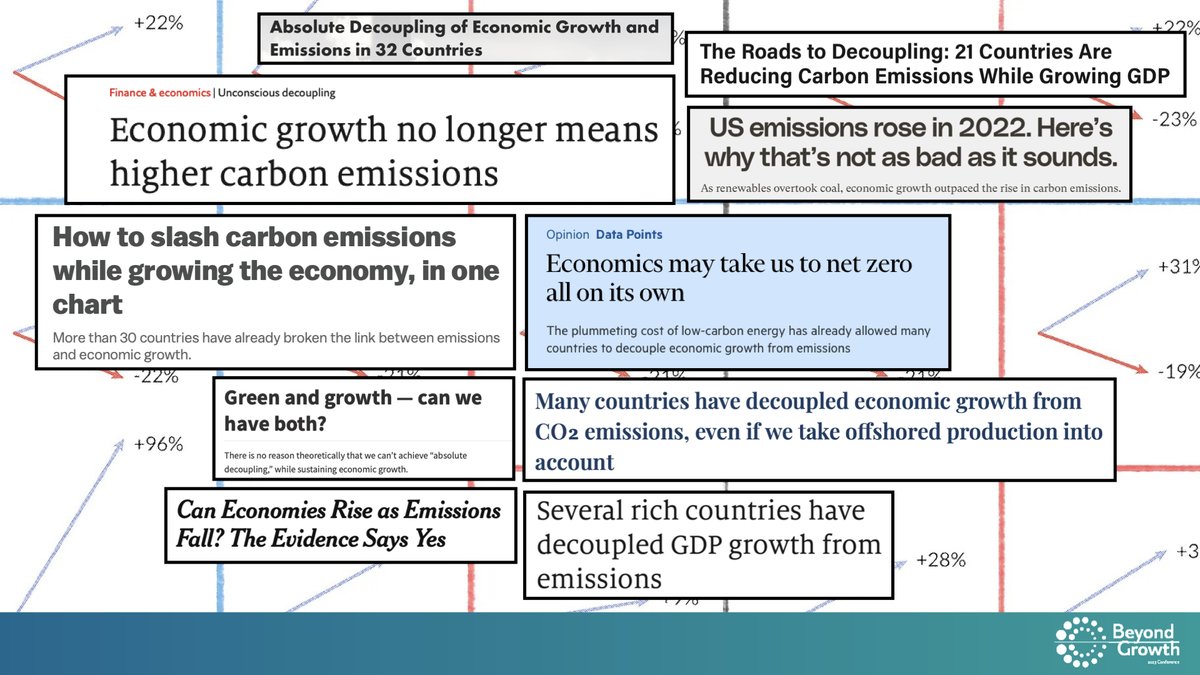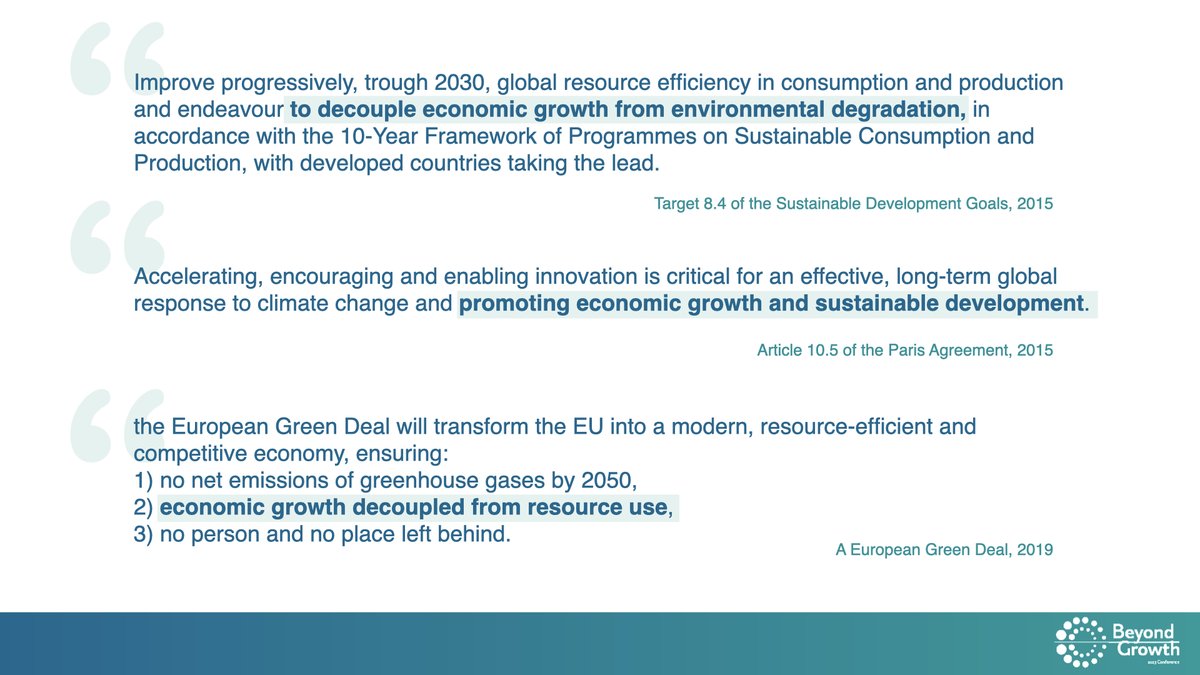The term “degrowth” is mentioned 27 times in the 3,675 pages of the full report (12 of these mentions occur in the bibliography). There is no mention of it neither in the 96 pages technical summary nor in the 36 pages summary for policy makers.
The first mention of the term happens in “Chapter 1: Point of Departure and Key Concepts,” in the penultimate section titled “Facilitating Long-Term Transformation," where degrowth is contrasted with ecomodernism on the issue of decoupling. 

On the same idea, one can also find the term once in one of the 23 paragraphs of the summary of Chapter 1. 

The second mention is in "Chapter 18: Climate Resilient Development Pathways," in the section titled "Linking Development and Climate Action." Post-growth is presented as one of five categories of perspectives on development. 

Another quick mention in this paragraph also from Chapter 18 pointing at degrowth when talking about "the quality of development processes and actions." 

In this paragraph from Chapter 18, it is mentioned as part of an "extensive post-AR5 literature on political economy associated with various elements relevant to Climate Resilient Development." 

The last, and most detailed mention can be found in a sub-section of Chapter 18 titled "Economic and financial arenas." 

I am currently reading these sections in detail and I will soon publish a piece on the overall framing of degrowth and post-growth in the AR6.
• • •
Missing some Tweet in this thread? You can try to
force a refresh

















